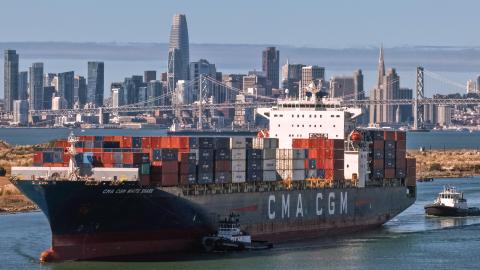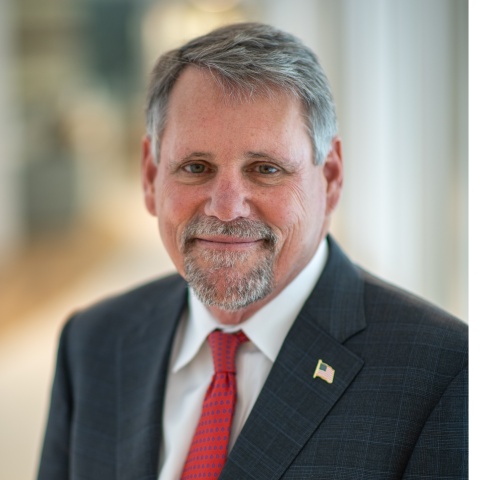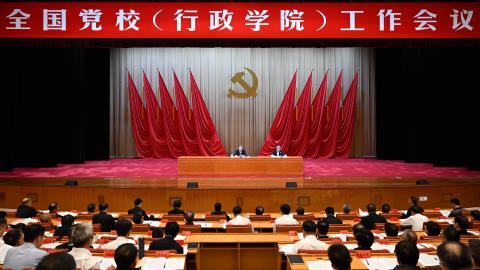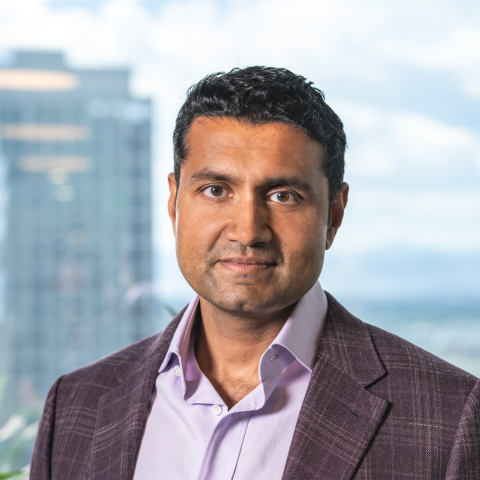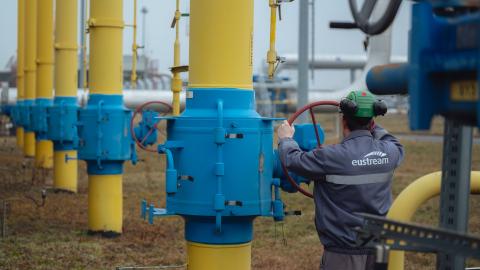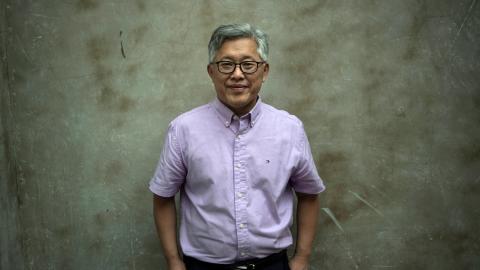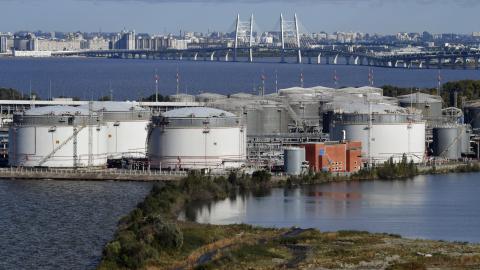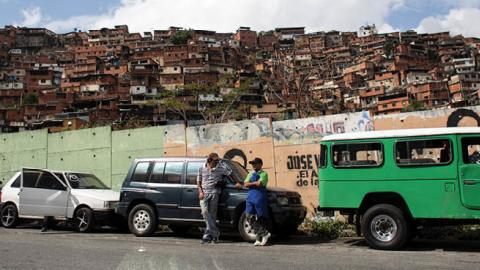Two years ago, on April 30, 2019, the Venezuelan people took to the streets to reclaim their democracy from the illegitimate rule of Nicolás Maduro. Yet for now, Maduro still clings to power. In so doing, he has driven what was once the wealthiest country in Latin America — with the world’s largest proven oil reserves, its second-largest gold deposits, and one of the highest literacy rates in the region — into abject, grinding poverty.
Venezuela has an institutionalized kleptocracy the likes of which the world has never seen before, and it is now a failed state. As such, it poses a direct threat to the United States, whether from trafficking in drugs, colluding with multiple terrorist groups such as Lebanese Hezbollah, or hosting Russian nuclear bombers. Moreover, as Venezuela’s constitutionally appointed interim president, Juan Guaidó, told me during a recent event at the Hudson Institute, Iran has now set up operations in Venezuela “to establish a base in the Americas to import foreign conflicts into American territory.”
The security implications for the United States couldn’t be clearer. But the Biden administration has yet to articulate a clear policy on Venezuela and has taken no real steps other than to conduct a muddled, hyperpartisan background briefing in March suggesting that U.S. sanctions were ineffective and may be hurting the Venezuelan people.
Nothing could be further from the truth. The sanctions imposed on Maduro and his cronies by the U.S., the E.U., and the Lima Group (ten Latin American nations plus Canada) have dented their kleptocratic enterprise. Maduro is to blame for the suffering in Venezuela, not our financial countermeasures.
The size and variety of corruption schemes employed by the regime is dizzying. Over the past two decades, the late Hugo Chávez and Nicolás Maduro and their cronies plundered at least $300 billion from state assets (according to several of Chávez’s own former ministers). At the same time, they racked up a massive amount of debt; experts place the amount owed to creditors at more than $150 billion. The situation is so bad that the International Monetary Fund recently made clear that the Maduro regime is cut off from receiving its $5 billion in special drawing rights, because the IMF knows that Maduro will simply steal the money.
Despite being a founding member of OPEC, Venezuela now suffers from chronic gasoline shortages — due entirely to the fact that the Chavista kleptocrats have completely looted the national oil company, PDVSA. Maduro installed loyalists with no background in oil production to run the company, and their sheer incompetence has only made matters worse. The resulting 80 percent crash in oil production during Maduro’s reign has meant that a country that once brought in $90 billion a year in sales now ekes out just $2 billion.
Regime insiders also plundered the value of the national currency, the bolivar. Venezuelan national treasurers took massive bribes and kickbacks from select exchange houses, from which they purchased bolivars for dollars at the artificially low “official” exchange rate. As the regime drove Venezuela into bankruptcy, hyperinflation took root, and the value of the bolivar is now around one six-millionth of what it was when Maduro took office. And, not content to ruin just the economy, the regime has also committed ecocide through illegal strip-mining of gold, which has had devastating consequences for the environment.
Of all the rapacious schemes employed by Maduro and his cronies, the most heinous was the one run for the benefit of Maduro himself: profiting from the starvation of his own people. By blocking humanitarian aid from outside the country, he made Venezuelans increasingly dependent on the so-called CLAP program — a food-box distribution. By overbilling on sole-source contracts and purchasing substandard products, Maduro and his front men stole as much as 70 percent of the money that was meant to feed the most desperate Venezuelans.
The humanitarian consequences of the regime’s greed have been devastating. One in six Venezuelans have fled the country — as many as six million people. Those left behind live in a country with a completely collapsed public-health infrastructure and no regular access to electricity or water. With many hospitals closed, infant and maternal mortality rates have surged, and diseases such as malaria, dengue, and yellow fever are spreading — not to mention COVID-19.
We are witnessing the brutalization of the Venezuelan people right before our eyes, in our own hemisphere. The crimes against humanity perpetrated by the Maduro regime must not go unanswered. Rather than meekly criticize sanctions, the Biden administration should build on the hard work of the previous administration to combat Maduro’s kleptocracy and hold the regime accountable for its crimes. Moreover, the administration must fulfill the commitment America made to the Venezuelan people and put its full support behind interim president Juan Guaidó.
The failed state on our doorstep is not going to resolve itself on its own. The longer the Maduro mafia is allowed to operate, the worse the consequences will be for the Venezuelan people and for the entire hemisphere. The Biden administration is making matters worse by all but stopping the adoption of sanctions to cripple the regime. It urgently needs to resume the pressure campaign established under President Trump. This includes interdiction of illicit fuel shipments to Venezuela by Iran. On multiple occasions over the past few months, the Biden team has turned a blind eye to shipments from Iran’s terrorist-designated National Iranian Tanker Company. In addition, a strong message needs to be sent to both Cuba and Russia, which have created a praetorian guard to surround and protect Maduro. If they continue to insulate the despot from his own people, severe economic consequences for both countries should ensue.
Finally, President Trump said several times that “all options are on the table” for dealing with Maduro. President Biden should ask Secretary of Defense Lloyd Austin to lay those options out, starting with deployment of the Eighth Special Forces Group to Colombia, and he should act to swiftly end the corruption and suffering in Venezuela.
Read in National Review
